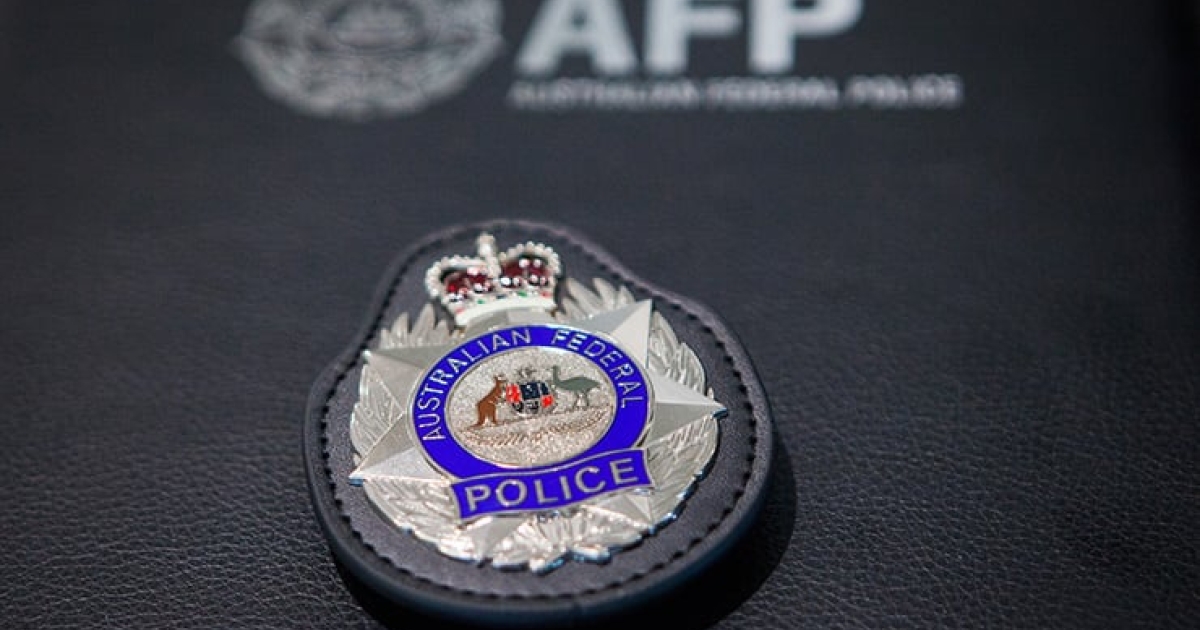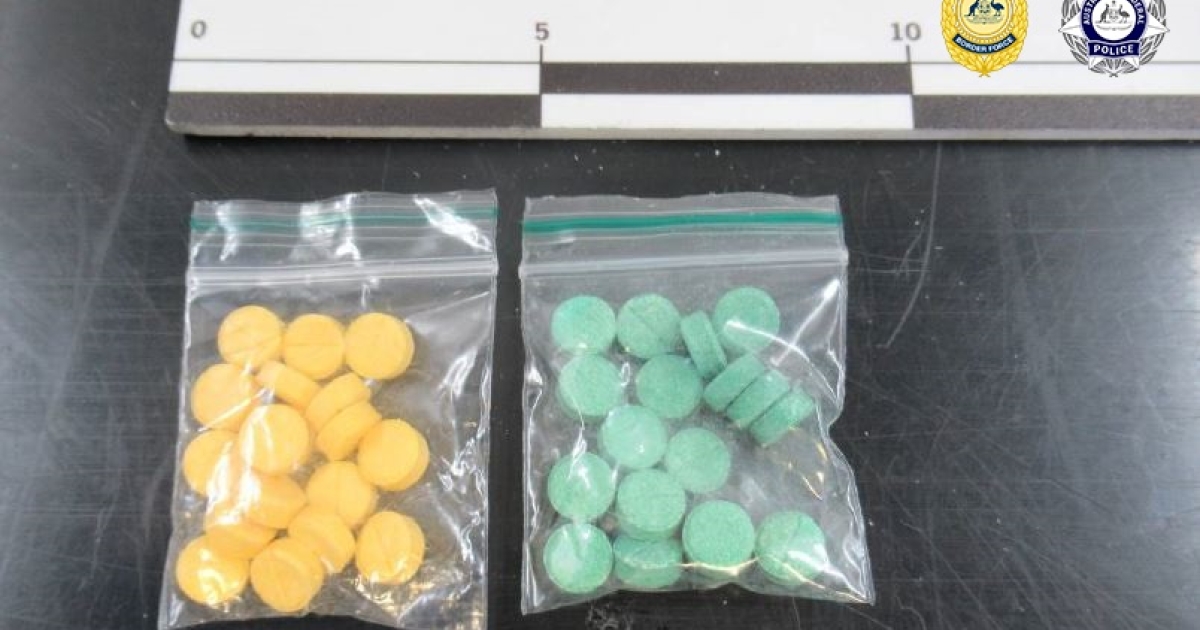Mental Health Minister Roger Cook has announced two new initiatives to deliver better recovery opportunities for people experiencing mental health and alcohol and other drug issues.
Both initiatives are a first for Western Australia in line with the McGowan Government’s ongoing commitment to provide more wraparound care in hospitals and the community.
In the first initiative, Active Recovery Teams (ART) are being established in ten metropolitan and regional locations.
The aim of this 18-month pilot model is to bridge the gap between clinical mental health services inside hospitals and the community-based organisations who provide care outside of hospitals.
The teams will initially be established in adult and youth services located at Armadale, Bentley, Midland, Murdoch, Osborne Park, Perth, Peel and Rockingham, as well as in the Midwest and Wheatbelt regions.
The first service is expected to be operational by March 2021.
The role of the ART teams is to provide ongoing help and support for people during their journey back into the community after being discharged from hospital.
For the next 90 days after leaving hospital, the integrated ART services will help people to:
- expedite their mental health recovery;
- gain greater confidence in their ability to manage their mental health in the community;
- avoid unnecessary admissions to hospital; and reduce, cease or manage their alcohol or drug use.
The program is being coordinated by the Mental Health Commission and is being developed in collaboration with the East Metropolitan Health Service, North Metropolitan Health Service, South Metropolitan Health Service and WA Country Health Service, working closely with community organisations in each area.
The second initiative is the establishment of a peer support worker program at Fiona Stanley Hospital.
While the ART service follows people after they leave the hospital environment, the new peer worker pilot operates at the beginning of the hospital experience for people experiencing mental health or alcohol and other drug issues.
A peer support worker will be on hand to help people when they enter the often confusing and anxious Emergency Department environment.
The workers, will use their own personal expertise and knowledge, to guide patients through the ED process and their admission as an in-patient.
These two new programs add to the:
- Expanded suicide prevention services totalling $49.6 million over four years;
- Alternatives to emergency departments being established including Mental Health Observation Areas and Safe Havens;
- State-wide Recovery College for mental health, alcohol and other drugs;
- 84 alcohol and other drug community beds delivered since 2016 and 10 more to be established, including an alcohol and other drug intervention service;
- 110 inpatient mental health beds and 68 community mental health beds being established over the next four years;
- Record $1 billion budget for mental health, alcohol and other drug services, including a 27 per cent boost since 2016-17 in the total support provided to the non-government organisations delivering services on behalf of Western Australians.
In a crisis call Lifeline on 13 11 14, for free counselling call beyondblue on 1300 224 636, and to find local mental health services visit https://myservices.org.au
As stated by Mental Health Minister Roger Cook:
“This innovative initiative will progress the system reform in Western Australia that is much needed, for people with mental health, alcohol and other drug issues.
“We know there is a need for more holistic care, that can cater for an individual, while also reducing pressure on our hospitals and clinical staff that are facing increasing demand in EDs and community treatment services.
“These pilot programs are breaking new ground and are working to address long-standing issues in the mental health system, so we can provide integrated, holistic care for individuals.
“Through these new services we are bringing together expertise from organisations that can provide different skills and deliver an intensive, holistic treatment and recovery service.
“We want to break down the cycle of people re-entering the hospital system and give them a fighting chance to maintain their mental health and recover in the community.”








